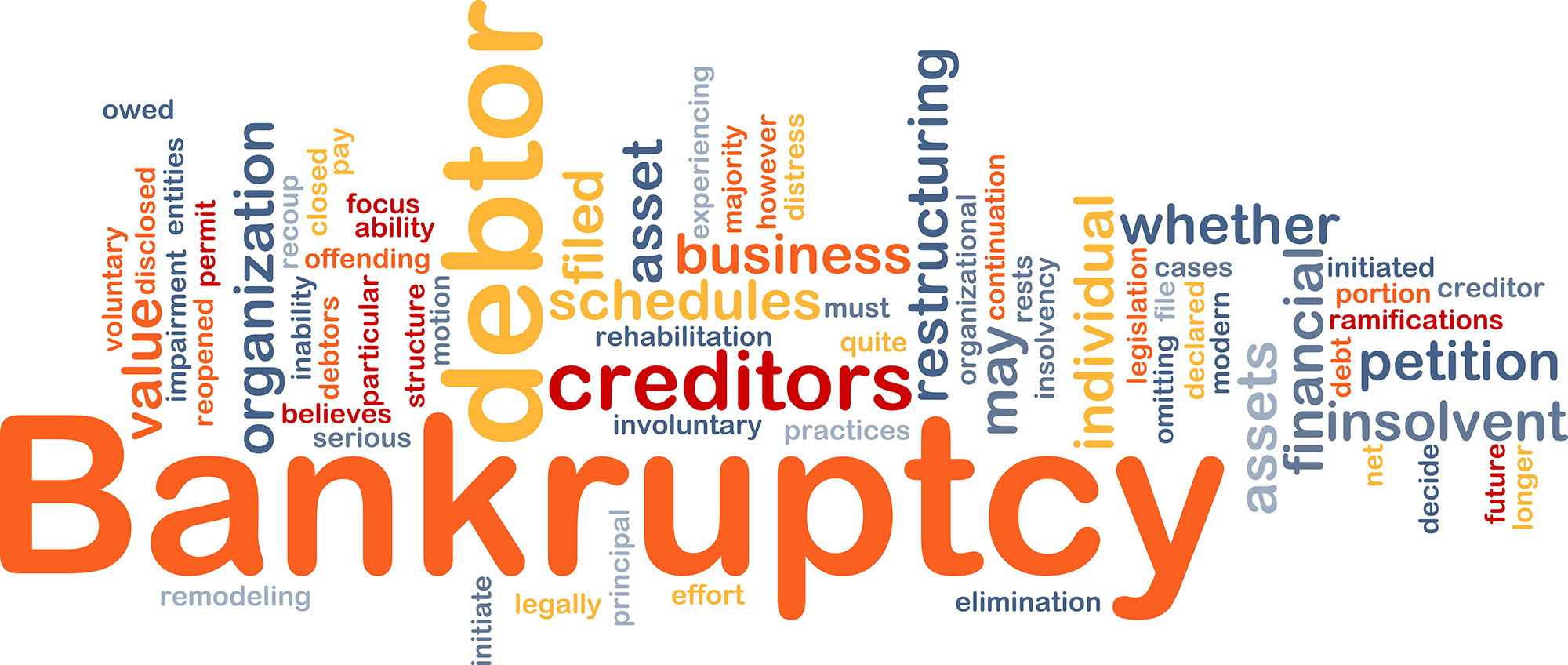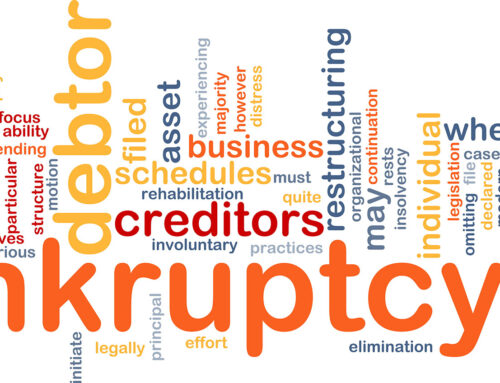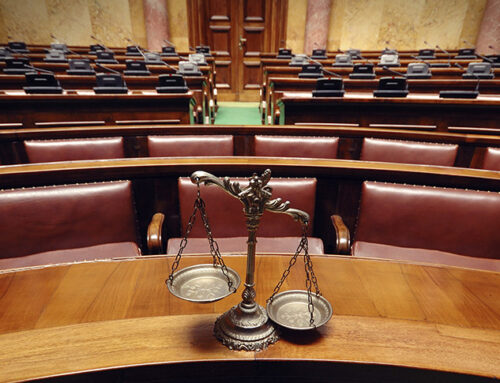The Supreme Court of the United States has resolved the issue of whether a Proof of Claim that is filed in a bankruptcy case, which includes some indebtedness which is beyond the statute of limitations, violates the Fair Debt Collection Practices Act (FDCPA). The Supreme Court, in reversing the Eleventh Circuit Court of Appeal’s ruling in Midland Funding v. Johnson (which had found there to be a violation of the FDCPA), held that filing a bankruptcy proof of claim which includes some time-barred debt is not a violation of the Fair Debt Collection Practices Act (FDCPA).
The Court reasoned that the legal and procedural safeguards which are provided under applicable bankruptcy law protect the unwary consumer in paying a stale debt. Furthermore, the FDCPA and the Bankruptcy Code each serve a unique purpose with their own separate structures. The Court specifically and narrowly limited its decision in the bankruptcy proof of claim context only– and not in a civil suit involving a stale dated claim.
Accordingly, creditors’ exposure to FDCPA violations based on debts otherwise barred by the statute of limitations, remains in a civil action.
Gibbons | Neuman creditors’ rights and bankruptcy attorneys are here to assist our creditor clients in navigating these areas involving the Fair Debt Collection Practices Act and bankruptcy issues.








Stay In Touch